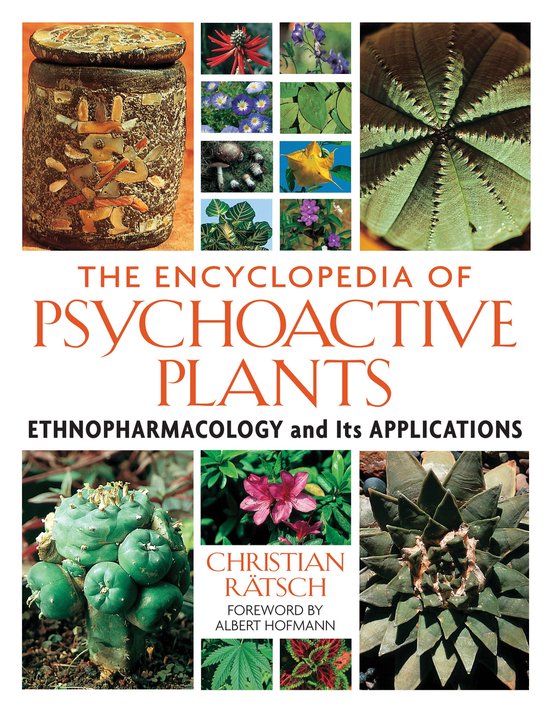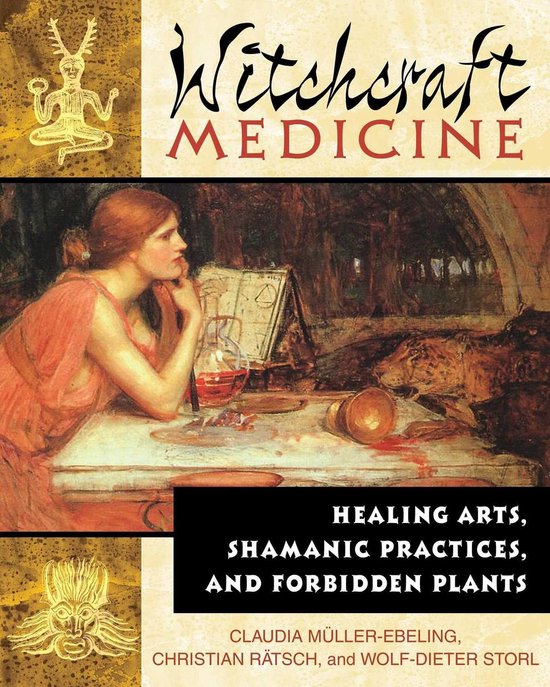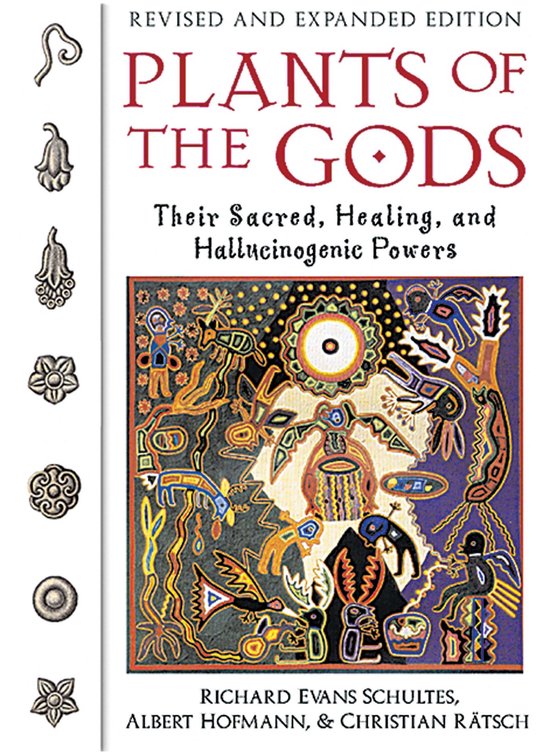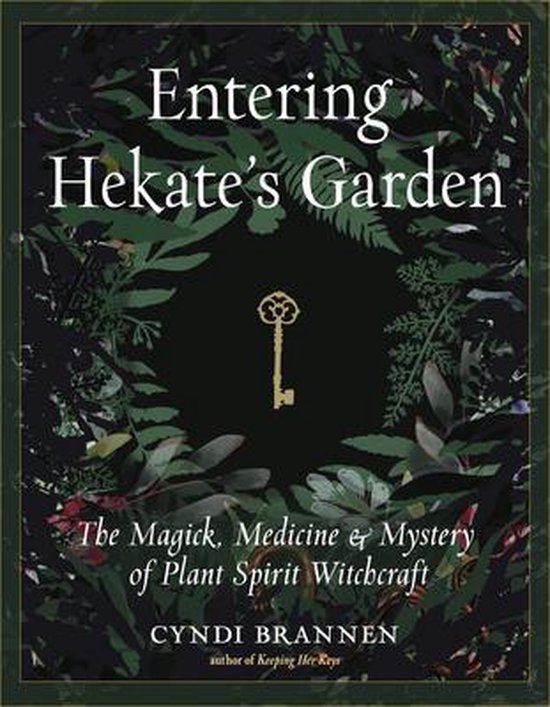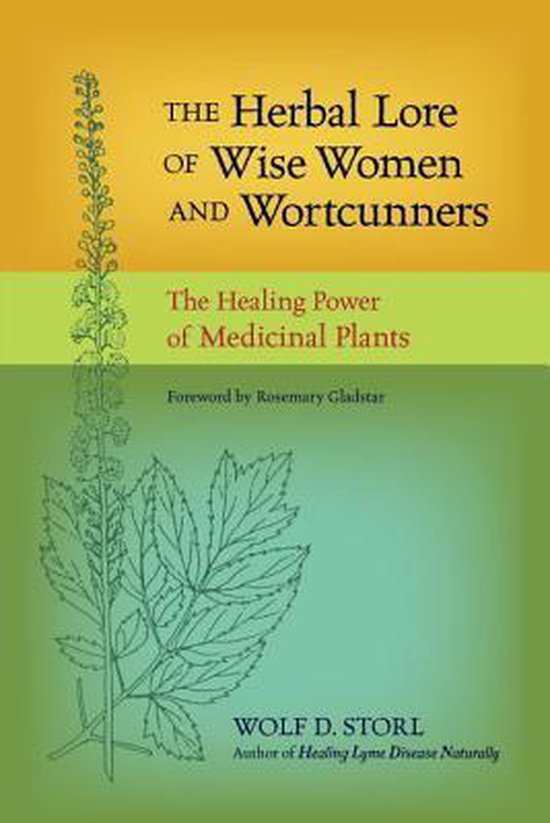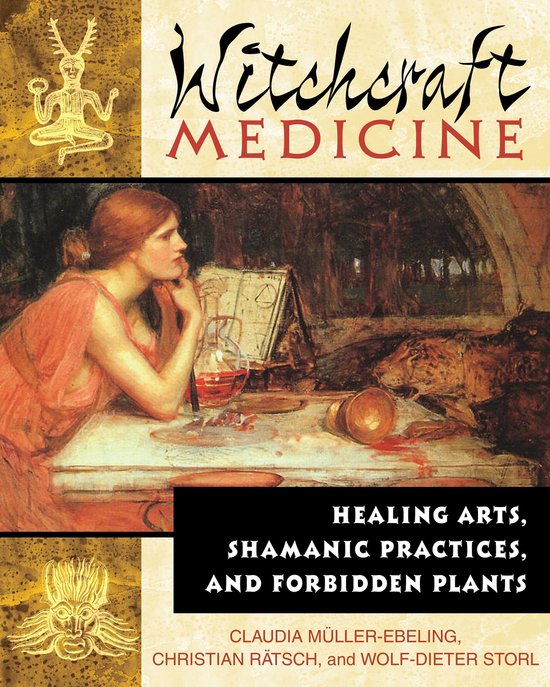
Witchcraft Medicine
An in-depth investigation of traditional European folk medicine and the healing arts of witches
• Explores the outlawed “alternative” medicine of witches suppressed by the state and the Church and how these plants can be used today
• Reveals that female shamanic medicine can be found in cultures all over the world
• Illustrated with color and black-and-white art reproductions dating back to the 16th century
Witch medicine is wild medicine. It does more than make one healthy, it creates lust and knowledge, ecstasy and mythological insight. In Witchcraft Medicine the authors take the reader on a journey that examines the women who mix the potions and become the healers; the legacy of Hecate; the demonization of nature’s healing powers and sensuousness; the sorceress as shaman; and the plants associated with witches and devils. They explore important seasonal festivals and the plants associated with them, such as wolf’s claw and calendula as herbs of the solstice and alder as an herb of the time of the dead--Samhain or Halloween. They also look at the history of forbidden medicine from the Inquisition to current drug laws, with an eye toward how the sacred plants of our forebears can be used once again.
• Explores the outlawed “alternative” medicine of witches suppressed by the state and the Church and how these plants can be used today
• Reveals that female shamanic medicine can be found in cultures all over the world
• Illustrated with color and black-and-white art reproductions dating back to the 16th century
Witch medicine is wild medicine. It does more than make one healthy, it creates lust and knowledge, ecstasy and mythological insight. In Witchcraft Medicine the authors take the reader on a journey that examines the women who mix the potions and become the healers; the legacy of Hecate; the demonization of nature’s healing powers and sensuousness; the sorceress as shaman; and the plants associated with witches and devils. They explore important seasonal festivals and the plants associated with them, such as wolf’s claw and calendula as herbs of the solstice and alder as an herb of the time of the dead--Samhain or Halloween. They also look at the history of forbidden medicine from the Inquisition to current drug laws, with an eye toward how the sacred plants of our forebears can be used once again.
| Auteur | | Claudia Müller-Ebeling |
| Taal | | Engels |
| Type | | Paperback |
| Categorie | | Religie, Spiritualiteit & Filosofie |
